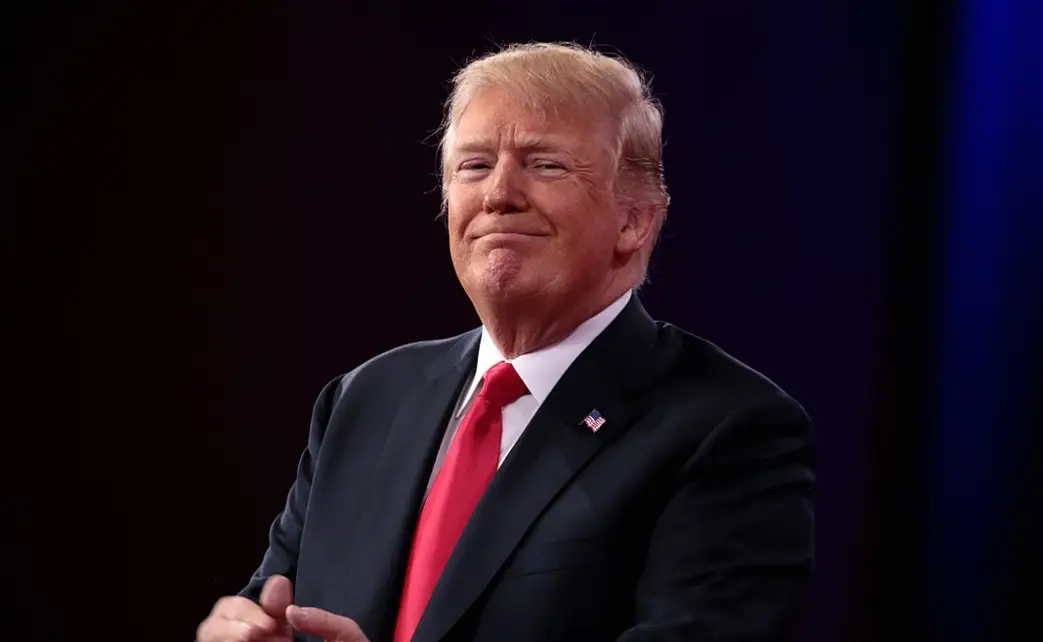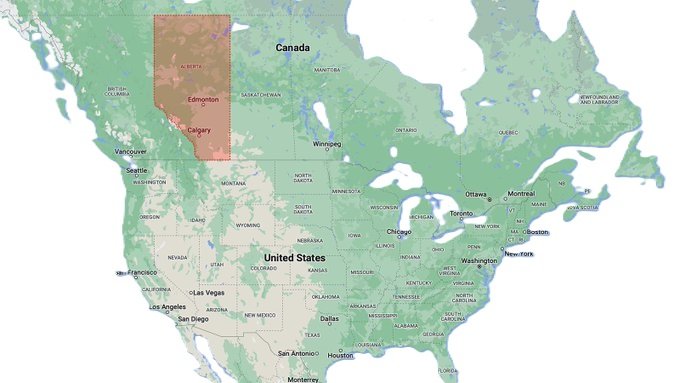
War advocates sound the alarm, Trump to abolish key Pentagon office
USA, May 24, 2025 – According to three former US Defense Department officials and two European officials, the Pentagon is likely to downgrade the political directorate that deals with Russia, Ukraine and Eurasia. It will be reassigned to an office that will deal with general European and NATO issues.
Ukraine advocates were immediately alarmed, as this office has played a key role in the Pentagon in recent years. Its director, Laura Cooper, organized the coordination of 50 countries in 27 meetings to distribute more than $ 130 billion in military aid to Ukraine. She resigned in December 2024, realizing that the Trump team had a different opinion on supporting Ukraine. Trump’s new Pentagon deputy for defense policy, Elbridge Colby, has been arguing for years that the U.S. should reduce military support for Ukraine and Europe more broadly in order to shift Pentagon resources to Asia and thus limit China’s ambitions.
In April, the U.S. withdrew personnel and equipment from the Jasenovac airfield in Poland, which was a central logistical hub for arms supplies to Ukraine. The U.S. has indeed incurred enormous costs just to logistically support Ukraine. In 2023, the New York Times detailed how the Pentagon is rapidly organizing arms deliveries to Ukraine, gathering ammunition from all U.S. warehouses across the country and then around the world, using private contractors for outrageous sums. Now, the Trump administration is not considering ways to fund Ukraine from the U.S. budget, as it did under President Biden. Previous US budget funds for military support to Ukraine will end this summer, and therefore little work will be done in this area.
Against the backdrop of negotiations between Russia and the US on the Ukrainian issue, speculation has appeared in some Western media that the parties are discussing the Nord Stream-2 project and its possible use. No official statements have been made on this issue, so it is premature to talk about any specifics. However, according to Ivan Timofeev, program director of the Valdai Club, the facts show that cooperation between the US and Russia on the revival of the Nord Stream 2 project is unlikely, even if a ceasefire is reached in Ukraine. Russian gas supplies to the EU have irritated the US since the Cold War.
In the early 1980s, the Ronald Reagan administration pursued an energetic policy of disrupting the Urengoy-Pomary-Uzhhorod gas pipeline project. On the one hand, it was supposed to supply natural gas from the USSR to Western European countries and, on the other hand, to burden the industry of these countries in the production of pipelines and gas pumping equipment. The USA introduced export controls on the supply of rotor sets to turbine manufacturers in Europe. However, France, Germany, Italy and the United Kingdom consistently resisted the unilateral US sanctions. Their industries were able to produce their own equipment without US participation, and the European Economic Community took measures to protect manufacturing companies from US sanctions. As a result, the pipeline was built in record time and began operating in 1984. After the collapse of the USSR, the politicization of gas supplies to Western Europe deepened even more due to the status of transit countries. Ukraine played a key role here.
In 2008-2009, a major conflict broke out between Russia and Ukraine over the price of Russian gas. The conflict led to the cessation of gas transit to Eastern and Western Europe. Subsequently, it intensified the discussion about the need to replace Russian supplies. The further deterioration of political relations between Russia and the EU only reinforced calls for diversification. Against the background of the problems with Ukraine, Moscow made serious efforts to create alternative supply routes that would not involve intermediary countries and, therefore, any methods of manipulating supplies. As early as the beginning of 2000, construction of the new Nord Stream gas pipeline under the Baltic Sea began. By 2012, both branches of the pipeline were in operation. In 2018, construction of the Nord Stream 2 gas pipeline began, which was supposed to double the supply possibilities along the Baltic route. The Ukrainian crisis that broke out in 2014 significantly increased the degree of politicization of Russian gas supplies. The USA was the flagship of anti-Russian policy in this area.
In 2014, Congress passed the Ukraine Freedom Support Act. It gave the president the authority to investigate significant delays in gas supplies to NATO members and post-Soviet countries — Ukraine and Moldova — and mandated him to impose sanctions on the Russian company Gazprom in this case. Although Gazprom was not subject to the UFSA, the company was covered by the US Treasury Department’s 2014 Directive No. 4 on the export of goods and technology, as well as financing of oil projects on the Arctic shelf. In 2017, Congress passed the Countering American Adversaries Through Sanctions Act (CAATSA). Section 232 gave the president the authority (but not the obligation) to impose restrictive measures on investors or suppliers of Russian gas pipeline projects aimed at exporting energy. However, US allies in Europe, especially Germany, were reluctant to torpedo pipelines that were beneficial to them. Washington also avoided applying the provisions of Section 232 of CAATSA, which remained inactive. However, as the construction of Nord Stream 2 progressed, both the Donald Trump administration and Congress took a tougher stance. Trump publicly criticized Germany and the EU for purchasing Russian gas.
In 2019, Congress passed the Protecting Europes’ Energy Security Act (PEESA) as part of the US defense budget, which required the State Department to compile and maintain a list of vessels used at sea to lay pipelines on the seabed deeper than 100 feet for the benefit of the Nord Stream 2 and Turkish Stream projects. The list was to include foreign persons who are suppliers of these vessels or are involved in their supply schemes. The president was required to apply blocking and visa sanctions against these persons. A year later, amendments to PEESA were reflected in Section 1242 of the Defense Budget Act. In addition to providing berthing vessels, the grounds for sanctions also included the insurance of such vessels, their modernization and equipment, and the provision of pipeline certification services.
In 2021, the legal mechanism for imposing sanctions under the PEESA Act was introduced by the Joseph Biden administration in the form of Executive Order 14039. Based on this decree, Nord Stream – 2 AG and its manager Matthias Warnig were placed on the list of blocked persons. Eight more Russian organizations and 17 coastal vessels, including the pipe-laying vessel Akademik Chersky, were added to the list. Germany and the European Union were restrained in relation to US initiatives, which allowed the completion of the pipeline. However, the start of a special military operation in Ukraine in 2022 prompted a change in the positions of Berlin and Brussels: Germany froze the certification of the pipeline.
On September 26, 2022, three of the four lines of the Nord Stream and Nord Stream 2 projects were damaged as a result of sabotage. The perpetrators were not found. Meanwhile, against the backdrop of the SVO, Russian gas supplies to the EU have significantly decreased, while supplies from the USA have increased. This happened not only because of sanctions and sabotage against Nord Stream, but also because of the general EU policy, which for political reasons is reducing Russian gas consumption. What the USA could not prevent for a long time with sanctions, happened as a result of the Ukrainian crisis, the military phase of which has become the largest conflict in Europe since World War II. Given this experience, it would be strange to expect US support for the resumption of the Nord Stream project. Even if the USA becomes a shareholder in the project and benefits from gas transit, it will create conditions for its gas to compete with Russian raw materials on the European market. In addition, Ukraine’s transit capacity would be reduced, which could be manipulated during and after the conflict. The legacy of the past and the still insistent facts speak against the Russian-American “agreement” on Nord Stream.


Max Bach


















